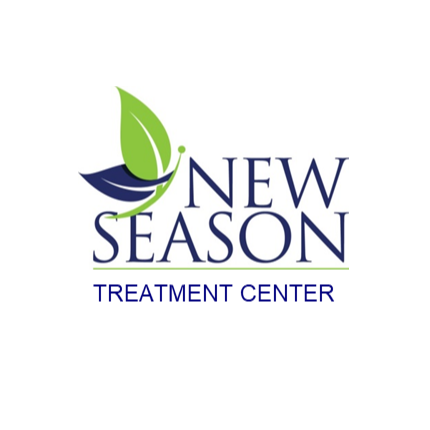Hotline for National Substance Abuse Support
24/7 Support Available, Confidential and Free of Charge
Best Alcohol & Drug Rehab Treatment Centers in Saint Paul, Minnesota
As a thriving city in the heart of the Midwest, Saint Paul is home to a diverse population and a strong sense of community. However, like many other cities across the country, we are not immune to the ongoing opioid epidemic and other forms of drug addiction. In fact, in 2019, there were 163 opioid-related deaths in our city alone.
But here's the good news – Saint Paul offers a variety of treatment options for those seeking help with addiction. Whether it's through inpatient or outpatient programs, therapy, support groups, or medication-assisted treatment, there are numerous resources available to cater to individual needs and preferences.
Our website aims to provide comprehensive information on the treatment options available in Saint Paul, as well as local facts and statistics on drug use and addiction. We also feature personal stories and testimonials from individuals who have successfully overcome addiction within our community, providing hope and inspiration for those currently on their journey to recovery.
In addition to treatment options, we also highlight unique aspects of addiction and recovery in Saint Paul. This includes the role of cultural traditions and customs, the impact of the city's diverse neighborhoods and demographics, and the importance of community support and resources.
We understand that overcoming addiction is not a one-size-fits-all approach, and our goal is to provide a supportive and informative platform for those seeking help in our city. No matter where you are on your journey to recovery, know that you are not alone and that there is a strong community in Saint Paul ready to support and guide you towards a healthier and happier life. Thank you for visiting our website, we hope you find the resources and information you need to take the first step towards overcoming addiction in our local community. Ready to explore more treatment centers and take the next step towards recovery? Click here to discover range of options and find the support you need on your journey to wellness. Your path to healing starts now.
Featured Treatment Centers




